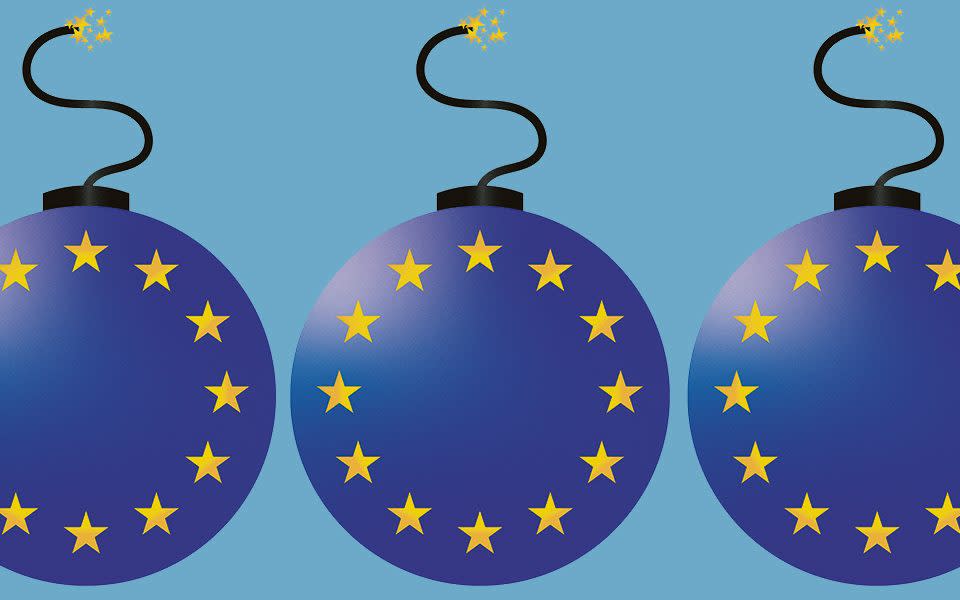Five ways businesses can prepare for Brexit

With fewer than 100 days until the UK leaves the single market and customs union, business leaders up and down supply chains must concentrate on preparedness for Brexit.
That was Michael Gove's message to industry groups in a leaked letter seen by The Telegraph on Tuesday.
Otherwise, the Cabinet Secretary warns, in a “reasonable worst-case scenario” about 7,000 port-bound trucks in Kent could find themselves in two-day delays – or worse if there is a winter spike in Covid-19, meaning border staff are off sick.
“It is essential that traders act now and get ready for new formalities,” Mr Gove urged.
While staying afloat amid the Covid crisis has been the top priority for most firms, they also say unanswered questions – on issues such as rules of origin, the labelling of food and drink to be sold in the EU and Northern Ireland and goods moving west from Britain to Northern Ireland – are holding back their plans.
So with the information available now, what can businesses do to prevent disruption and make a success of Brexit on Jan 1?
Tax, tariffs and customs
To move goods into and out of the EU, from Jan 1 firms will need an economic operators registration and identification (EORI) number, and all goods imported to the UK will be subject to UK global tariffs, in addition to other new tariffs if there is no Brexit trade deal - and possibly others even if there is an agreement.
New duty rules will also apply to goods bound for the rest of the world that face EU-negotiated tariffs, although many of these have yet to be agreed.
Sarah Gunton, commercial partner at Harper James solicitors, advises that firms should keep track of new foreign tariffs that may apply to their goods, review their commercial contracts to check how Brexit will affect them, consider hiring a customs agent to fill out customs declarations, and check whether they need to register for VAT in EU countries they work in.
Supply chains
Companies should ask their suppliers if they are stockpiling to cover potential border delays and check whether anyone in their supply chain will be raising prices to cover Brexit costs.
“Where any links in the supply chain are found to be ill-prepared for Brexit, look for alternate suppliers,” Gunton says.
Staffing
From Jan 1, a new points-based system for sponsored workers will come into effect, covering both EU and non-EU migrants.
UK-based workers who are citizens of the EU, the European Economic Area or Switzerland will need to register for settled status to remain living in the UK six months after the end of the transition period.
Firms should check their staff can continue to live and work legally post-Brexit – in the UK and the EU.
Gunton advises that it is especially important that companies needing to replace staff with particular skill sets, such as in consultancy services and computing, should be recruited in plenty of time.

Finance
For start-ups especially, stockpiling and storage costs to cover potential border delays, price rises and currency fluctuations will take a financial toll.
Firms should speak to their bank about finance options for temporarily boosting their cashflow, according to Harper James.
Regulatory changes and data
While most UK regulations are recognised in the EU and vice versa, and the UK is creating a new set of regulations to operate in parallel with the EU, there is no guarantee they will be ready for Jan 1 - or that the EU will accept them.
The EU is likely to treat data transfer to and from the UK as it does other third countries.
Gunton advises that firms should review where their data is stored, keep abreast of updates from the Information Commissioner’s Office and assess whether contracts and other paperwork need to be revised post-Brexit, particularly on privacy rules.

